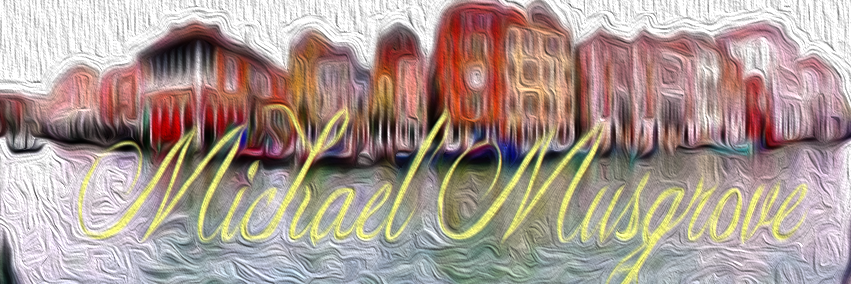Most people don’t give marketing much thought. Which is how marketers like it. But with so many people online these days, it’s impossible to avoid online marketers trying every trick in the book to lure you into buying their products and services. That’s why a lot of people confuse marketing with sales. Sales are part of marketing, but marketing isn’t really a part of sales.
And with so many companies and people trying to sell stuff online, there has emerged a very large cottage industry of “digital” marketers. I even label myself as such depending on who I’m marketing myself to. My background is that of traditional marketing, however, which is a completely different field. During the years by running an online business, I’ve learned all there is about digital marketing as well, and even have certifications in it, for whatever they’re worth.
You’ll see a lot of familiar names, especially if you hang out on LinkedIn, such as Neil Patel, Larry Kim, Gary Vaynerchuk and Neal Schaffer. What you’ll also notice in these people’s bios is that they’re speakers and authors as well(and quite well-paid consultants). Their names always appear on the “must-follow” and “most influential” lists of marketers.
But that’s misleading. And that’s because you have to know what marketing really is, which most people don’t. They think it has to do with sales and advertising. Which it does, but that isn’t what it is.
A good example is this article that landed in my inbox which is “21 Questions to Ask before Implementing Marketing Automation.” It begins with a SHOCKING! statistic that less than 10% of companies have implemented automated marketing. That’s most likely because they aren’t talking about marketing. It’s “Sales Lead Software.” The sales department would be handling this, not marketing. Marketing for the product/service was primarily done long ago when the marketing plan was being executed. This whole article is geared more toward sales, not marketing, but it has “marketing” littered throughout it.
Marketing is about satisfying people’s wants and needs in, hopefully, an innovative way. Doesn’t have to be innovative, but in a competitive setting like business it should be to be successful. And there are lots of innovative ways to go about that task using the internet. And within that space, these folks are pretty good at marketing. Themselves. To people that are also looking to reach a large target market, like they do with themselves. This is where it begins to get blurry.
Traditional marketing consists of market research using any number of tools such as surveys, interviews, focus groups, and so on to determine the size of the target market, the interest in the product or service and associated features, and whether there’s even a market at all. A detailed inspection is done with regards to the environmental aspects that surround the product/service, such as governmental/regulatory issues, geographical issues, technological, political, and competitive factors that need to be considered. Usually, a great amount of data are collected to analyze using multivariate testing and regression analysis and the whole affair is heavily quantified and then manipulated and many, many complex Excel spreadsheets are created with lots of graphs and charts to illustrate the findings. This is what CMOs and highly-paid consultants do for companies, and what you learn to do when you get an MBA like I did. And you can dive even deeper, like I did, and concentrate in marketing strategy.
Contrast that with digital marketing, which consists mostly of getting followers, “likes,” getting people to engage with your blog posts, and sign up for newsletters and email lists. It’s really more “sales” than marketing. Hubspot, which has become a multibillion-dollar company by helping small businesses market themselves, specializes in “inbound marketing,” as it’s commonly known, but in fact is a series of sales tactics. It also involves SEO, which is simply staying on top of best practices to rank in Google’s ever-changing algorithms.
The people mentioned earlier are adept at leading people down the sales funnel via trial and error of growing their own personal fan base over the years, but likely have never spent much time actually studying marketing, per se. They are charismatic, and have good sales chops, have found their niche, but would have a hard time telling you what a p-value is used for. What makes these “marketing influencers” money is speaking gigs and book sales, and not so much bare-metal marketing.
For me personally, I’ve found it’s best to be versed in both traditional and digital marketing. Digital marketing is a supplement to traditional and is a valuable, and I’d even argue necessary, set of tools in ths day and age. It’s sort of rare to find that set of skills as I look around, however. Thus the 2 separate worlds of marketing that are developing. Universities don’t teach digital marketing. It’s something that changes too quickly and involves trends, dynamic coding, writing skills, design and schools simply aren’t agile enough to properly equip anyone to be effective. And the digital marketers don’t typically mess with the academic world of traditional marketing. You might find a few people that happen to have an MBA or a Masters in Marketing, but it’s usually just coincidental.


